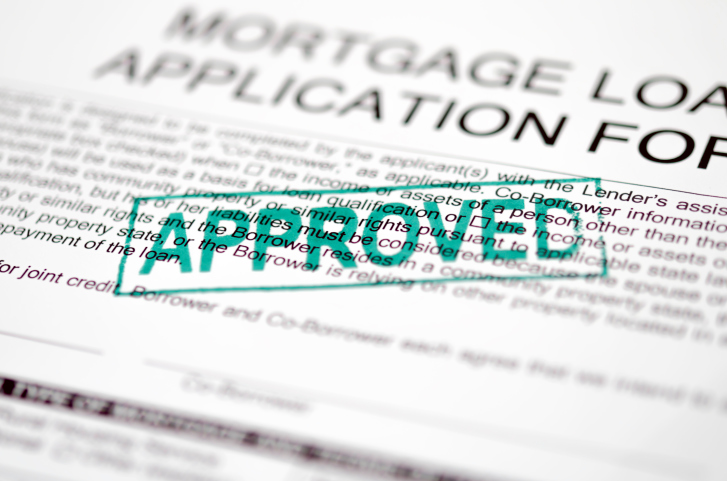
According to the FHA, the new rate is projected to benefit more than 2 million current FHA-insured borrowers and encourage 250,000 new homebuyers to enter the market in the next three years. The catch is that current homeowners apparently will have to refinance their mortgages in order to take advantage of the new rate. New borrowers get the new rate automatically.
In the original press release from the FHA the agency said, “FHA’s new annual premium prices will take effect for all new FHA-insured mortgages endorsed toward the end of January 2015.” In a later clarification, the FHA changed the language: “FHA’s new annual premium prices are expected to take effect towards the end of the month.” Dropping the phrase about related to new mortgages indicates that homeowners seeking the new rate will have to refinance their existing mortgages.
Housing industry blogger Bill McBride (Calculated Risk) expects the new FHA insurance rate to result in a “refi boom” because the insurance rate (for borrowers with less than a 5% down payment) rose to 1.15% in 2011, then to 1.25% in 2012 and finally to 1.35% last year.
Whether or not FHA-financed homeowners plan to stay in their current house long enough to amortize the cost of the refinancing through the annual $900 savings is the question these homeowners will be asking themselves. The FHA estimates that 800,000 homeowners could benefit from the lower insurance premium.
Is Your Money Earning the Best Possible Rate? (Sponsor)
Let’s face it: If your money is just sitting in a checking account, you’re losing value every single day. With most checking accounts offering little to no interest, the cash you worked so hard to save is gradually being eroded by inflation.
However, by moving that money into a high-yield savings account, you can put your cash to work, growing steadily with little to no effort on your part. In just a few clicks, you can set up a high-yield savings account and start earning interest immediately.
There are plenty of reputable banks and online platforms that offer competitive rates, and many of them come with zero fees and no minimum balance requirements. Click here to see if you’re earning the best possible rate on your money!
Thank you for reading! Have some feedback for us?
Contact the 24/7 Wall St. editorial team.